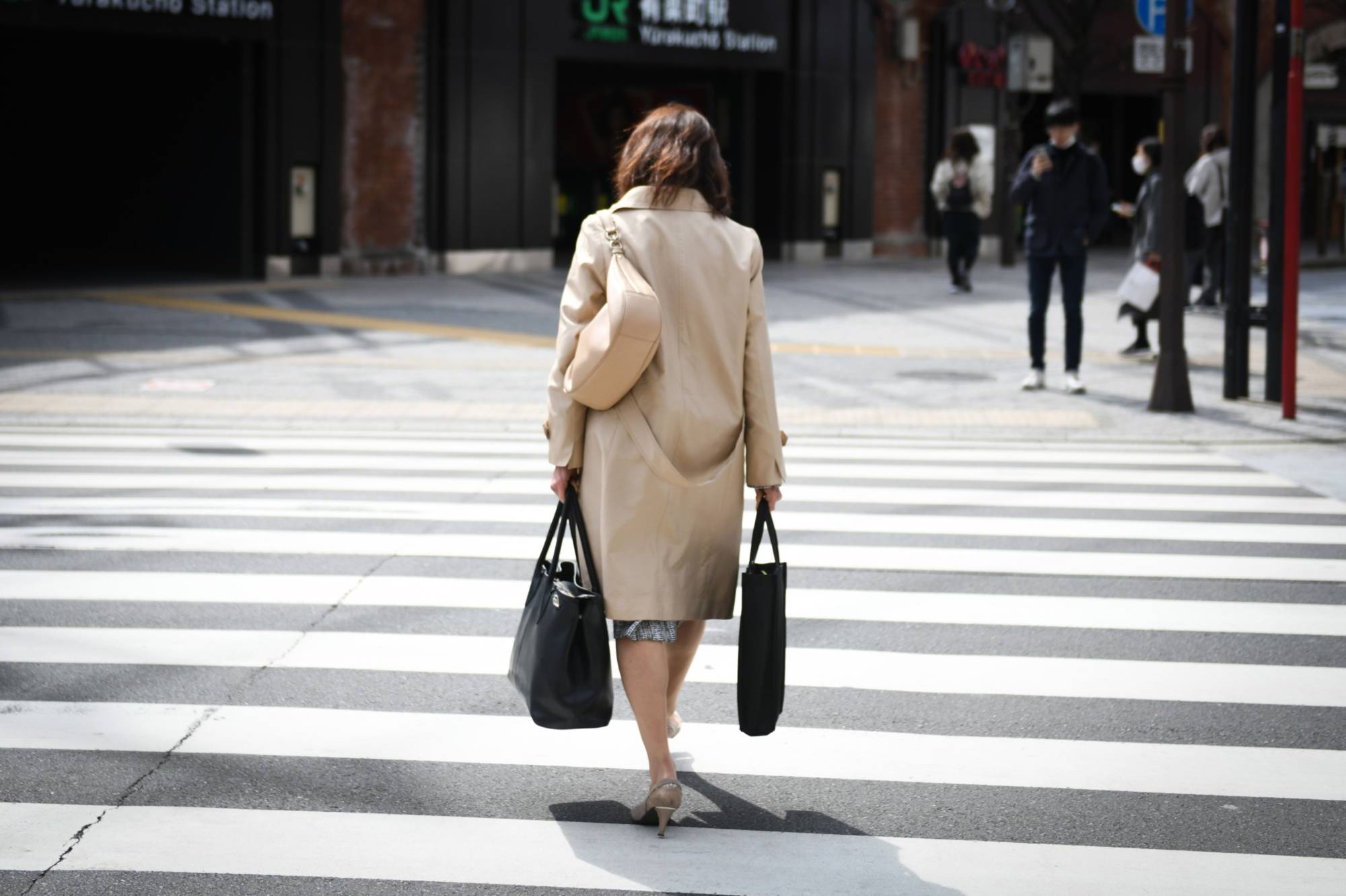More than two decades after Goldman Sachs Group first championed womenomics in Japan, a basket of shares focusing on the trend is languishing, having hit an all-time relative low in the stock market last month.
The gauge of companies most exposed to rising female employment and consumption has slumped just over 24% from its high last September, compared to a near 10% decline in the benchmark Topix index over the same period. A heavy weighting in consumer stocks has dragged the basket lower as Japan is buffeted by fears about the reawakening of inflation in the price-sensitive nation and concerns about a slowdown in growth.
Womenomics as a term was coined by Kathy Matsui, a former strategist at Goldman who explored the economic benefits of boosting female participation in the Japanese labor market. The concept was backed by former Prime Minister Shinzo Abe — whose shocking murder rocked Japan last week — but the country has fallen well short of its goals, ranking 116th in the World Economic Forum’s Gender Gap index for 2022.

















With your current subscription plan you can comment on stories. However, before writing your first comment, please create a display name in the Profile section of your subscriber account page.